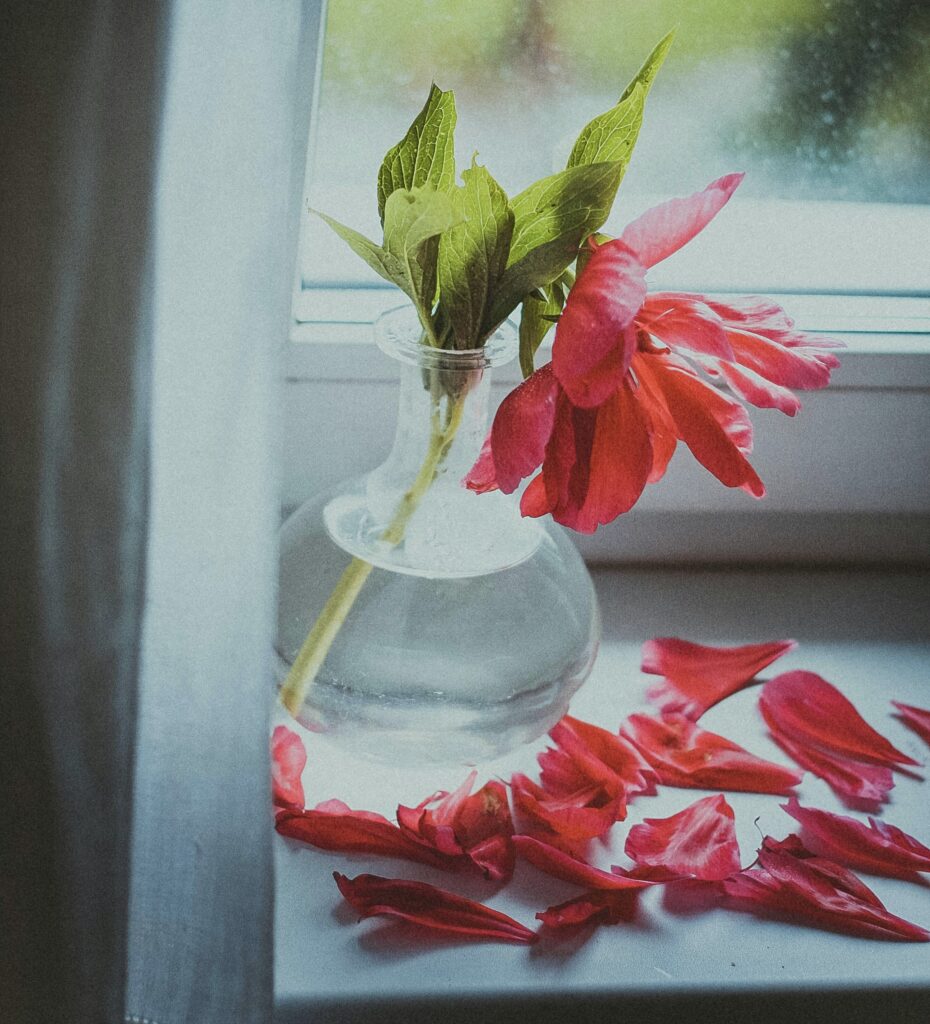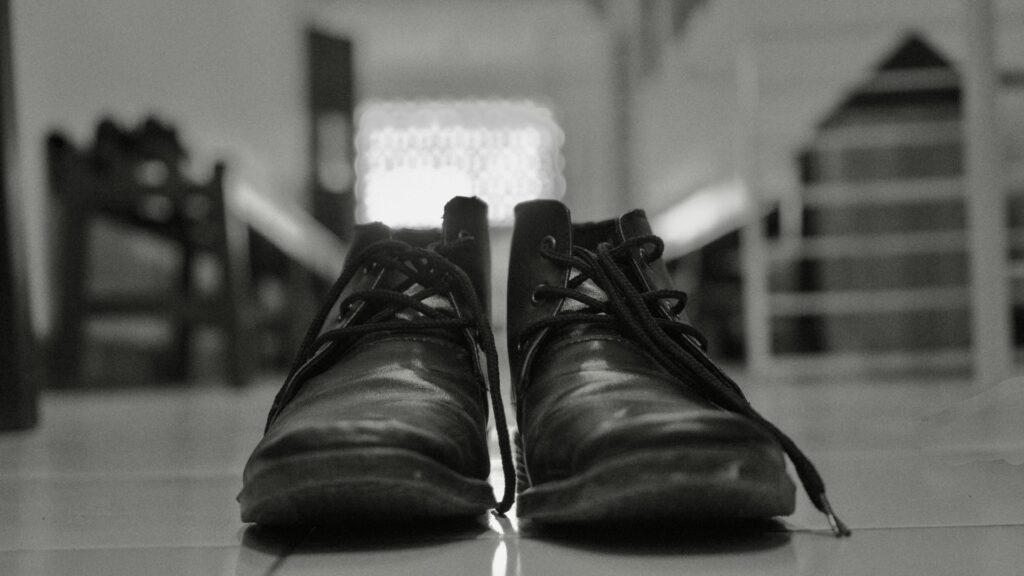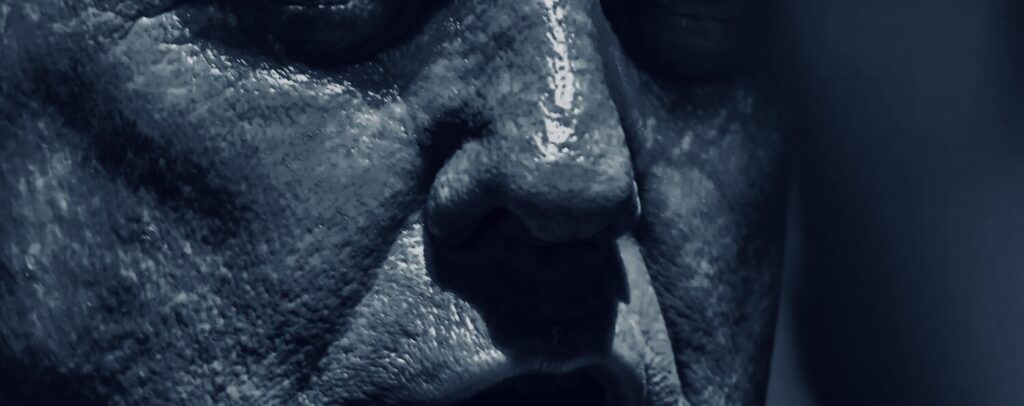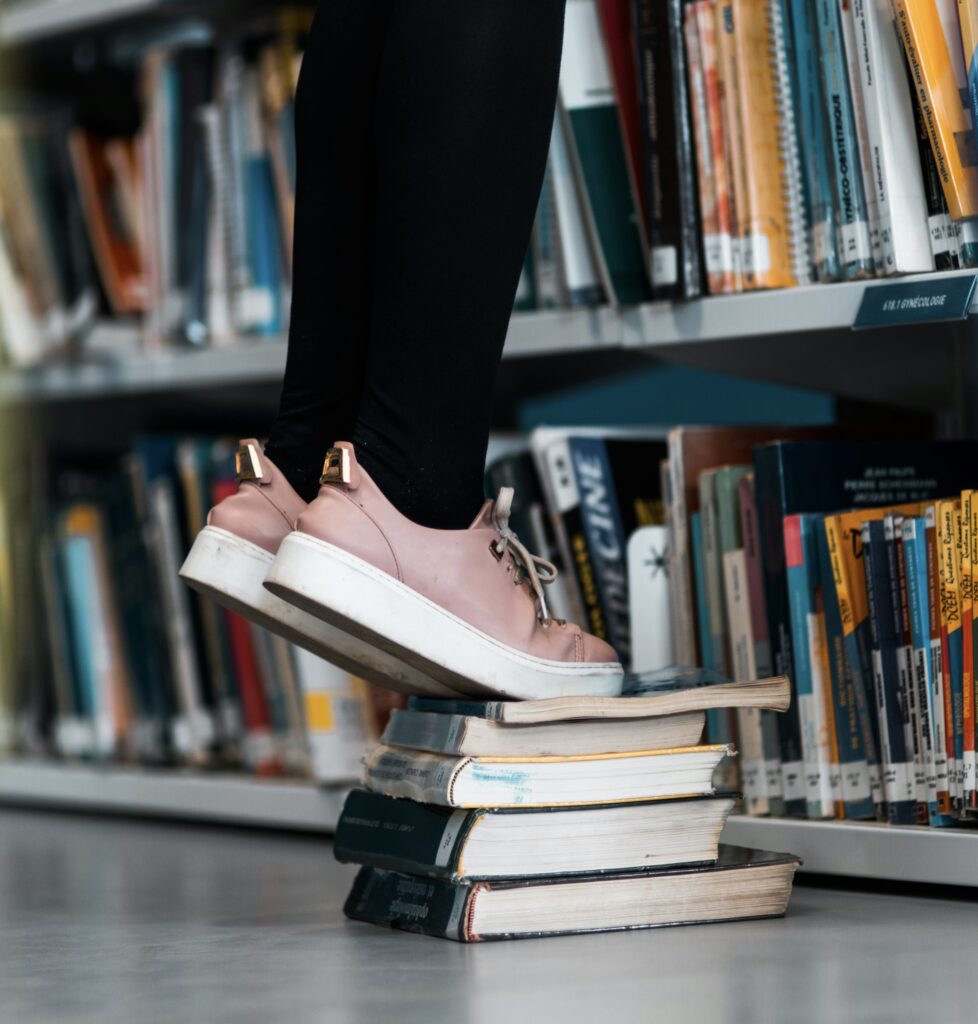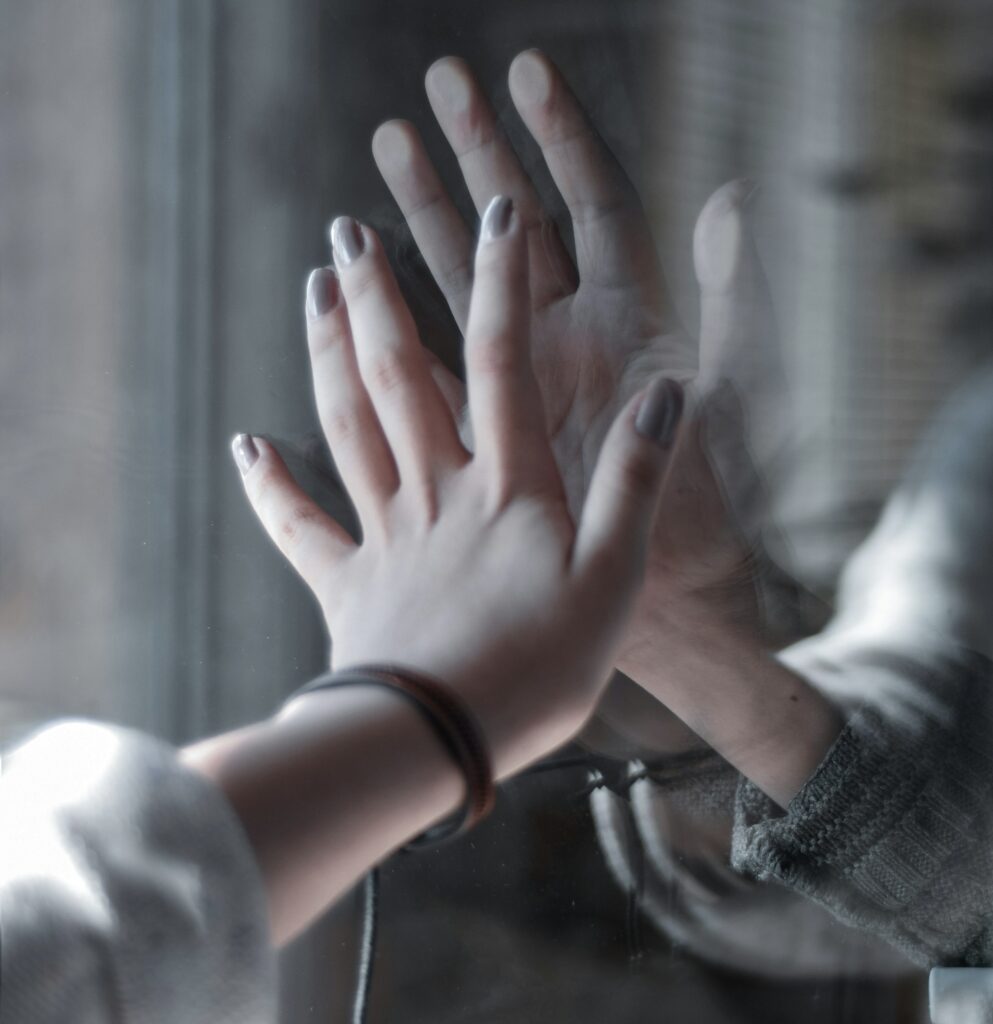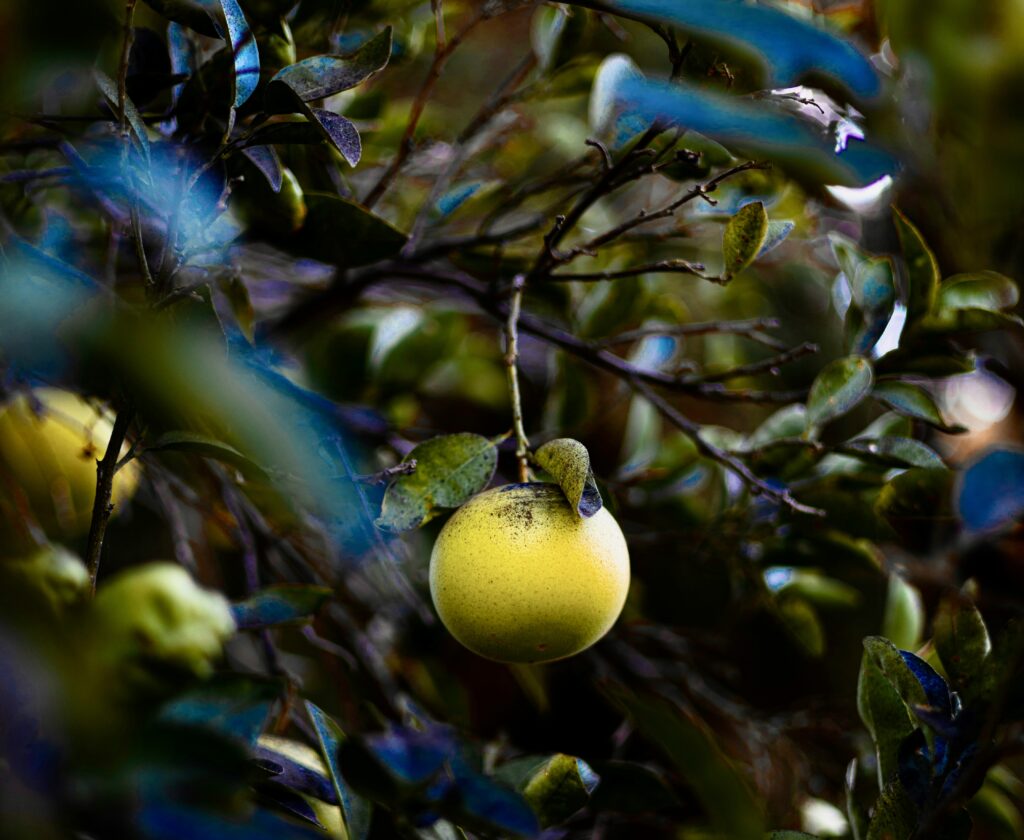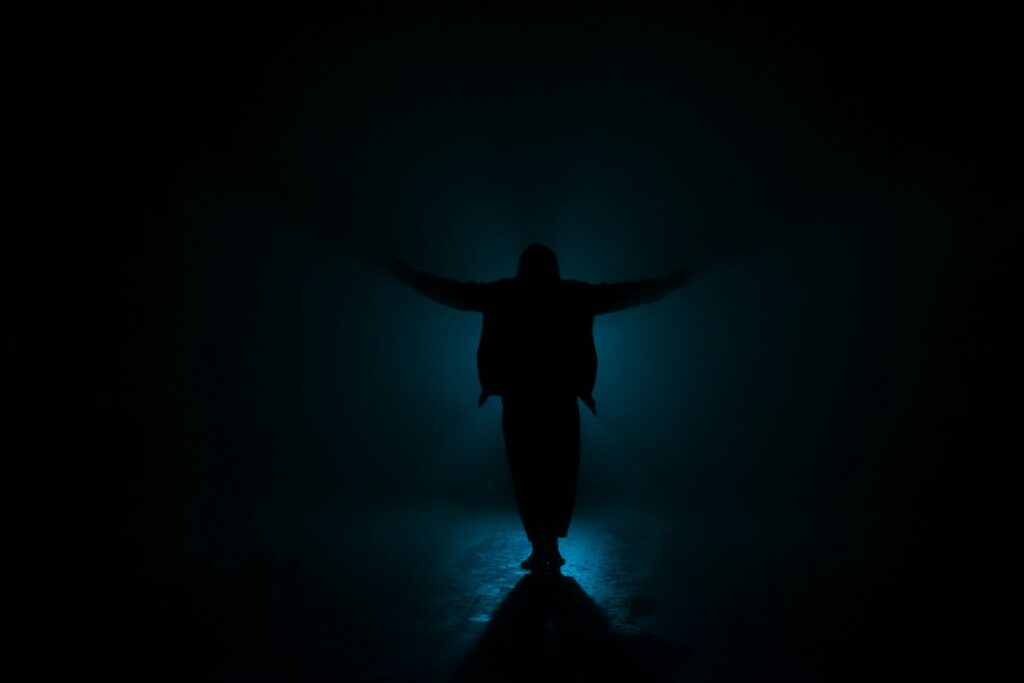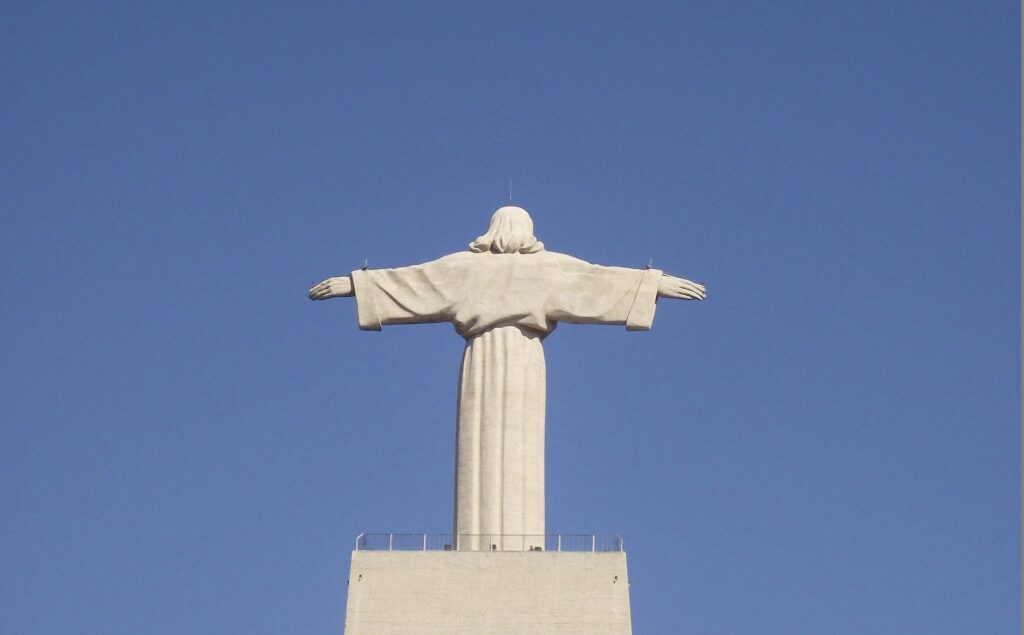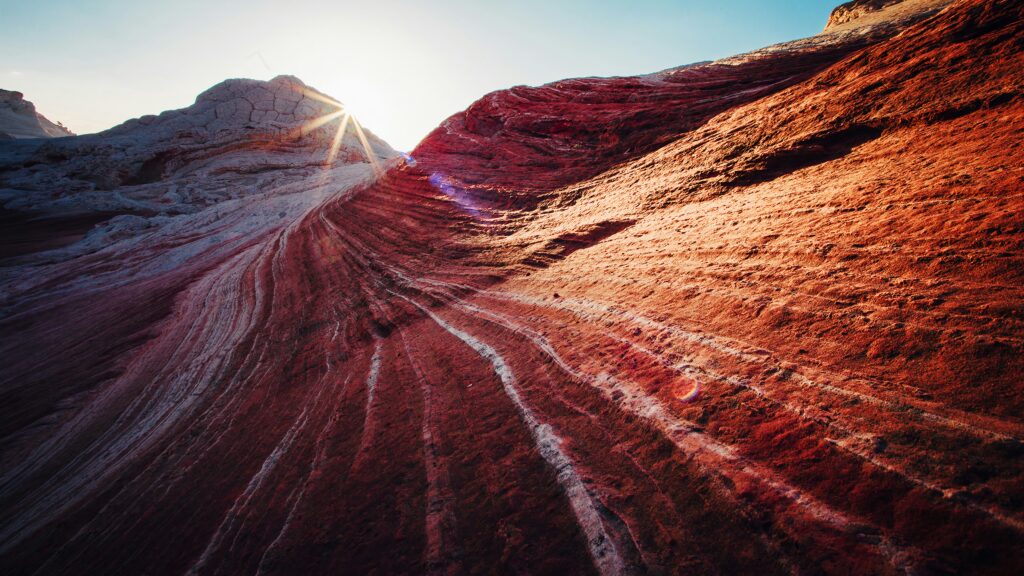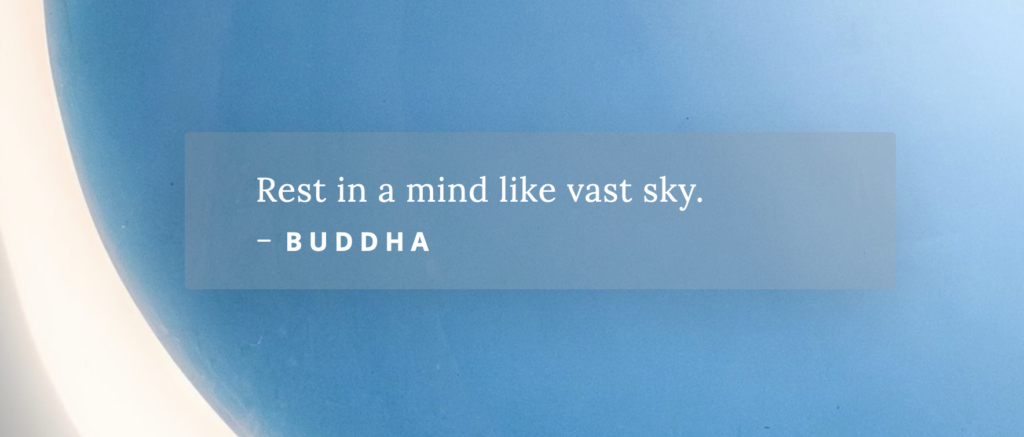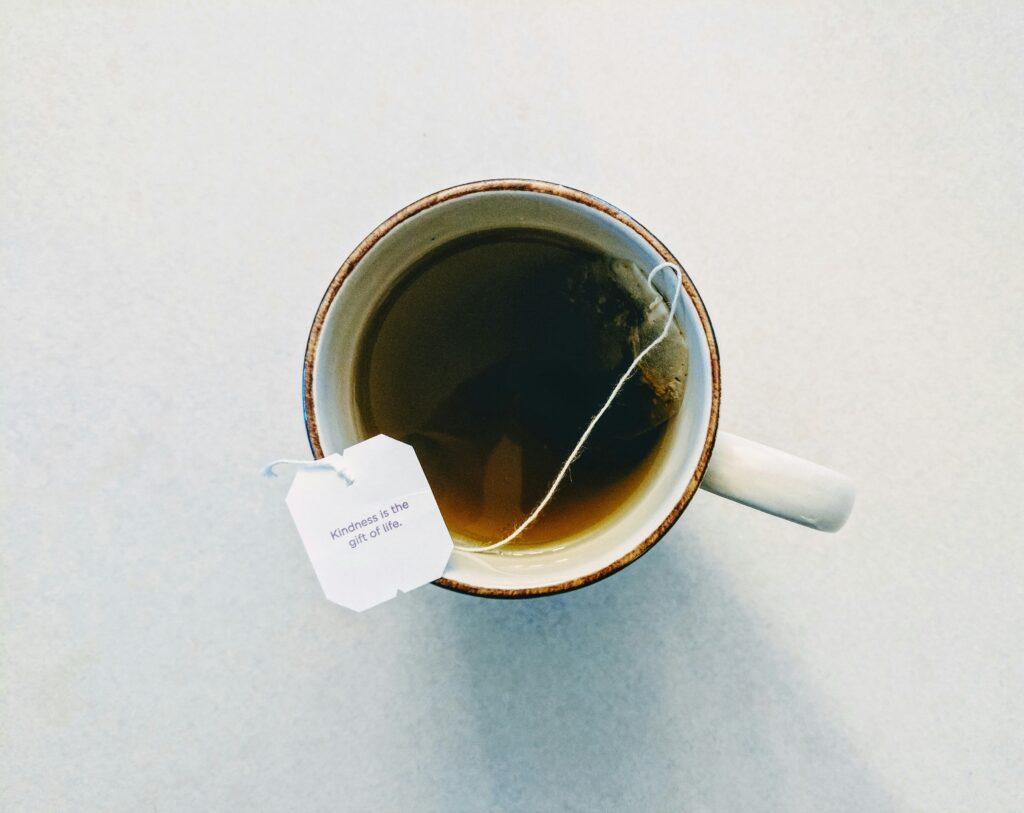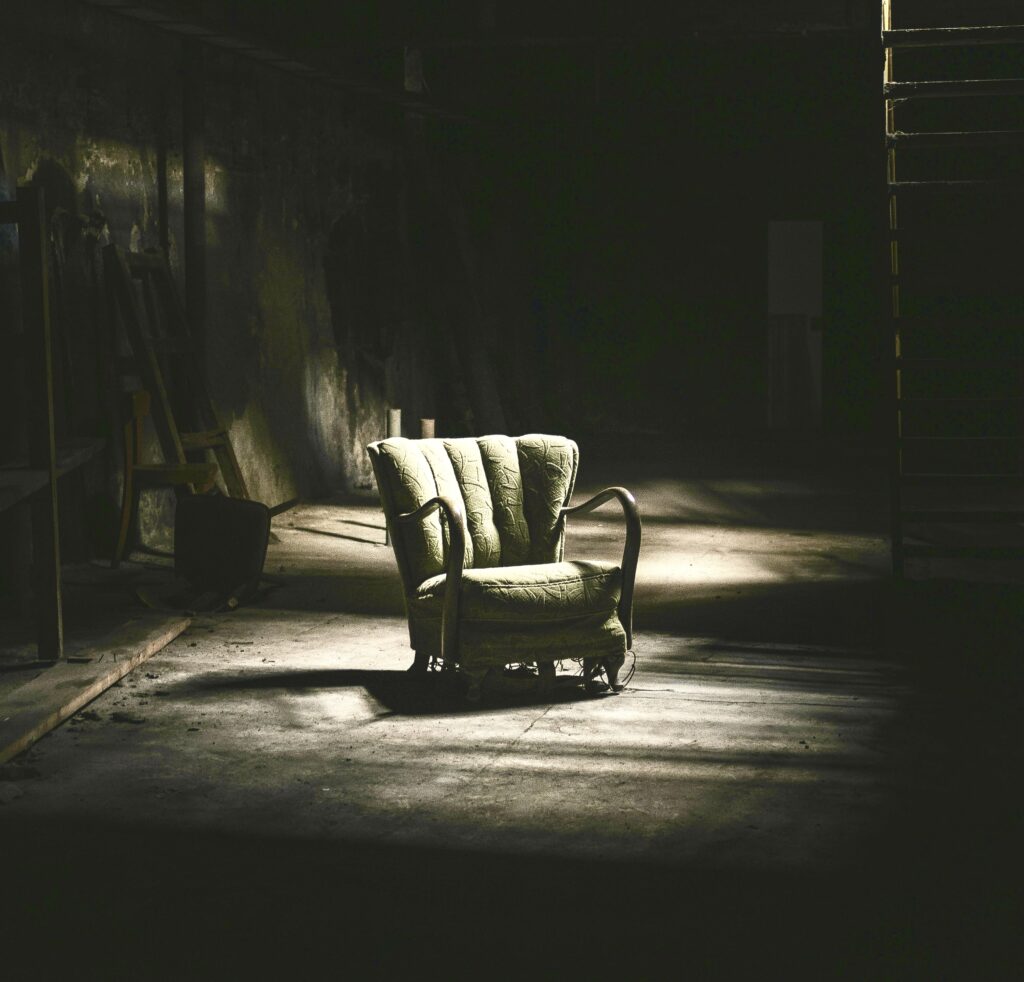
Everything is always with oneself at any time. — Maezumi Roshi
A fellow Zen student recently told me that she no longer felt like she fit in with her community of friends, neighbors, and some of her relatives. This, in spite of being a community leader, volunteer, and close with her family — a person devoted to taking care of others. But in these divisive times, she had made a conscious decision not to get caught up in the anger, chaos and craziness that seems to infect social encounters. As a result, she feels lonely at times.
Yes, we are lonely at times. We don’t always feel guided or supported. We don’t always have good friends or kind company. We may feel unseen, unloved, misunderstood, and far from home.
We can learn a lot from our loneliness. It is a profound teaching, and an opening to wisdom.
Thich Nhat Hahn called loneliness “the ill-being of our time.” He called it that 15 years ago. Imagine how much worse our loneliness is today. You don’t even have to imagine because you know.
It’s obvious that digital technology has amplified our loneliness, sadness, anger and hopelessness. It has made us sick. (I’m still blaming Steve Jobs.) Technologies, which are by definition not human, will not fulfill our need for human connection! We cannot exile ourselves to our screens and expect that we will be seen, heard, or even still be breathing. The world of Xs and Os is dead, and it deadens us. We are like zombies, and we look like zombies, scrolling, scrolling, at all times and all places scrolling, and for what? What cannot be found because we already have it. We already have a home where we belong. We are standing in it, although we are unlikely to see it as such or treat it as such.
Why abandon a seat in your own home to wander in vain through dusty regions of another land? — Dogen Zenji
But there is one place, one rare and precious place, where I do not feel alone or afraid or unwelcome, and that is in the presence of other people who are sitting down in a room together. Silently breathing and perfectly still. Appearing to be separate, but totally in touch not only with themselves but with everything and everyone around them. Presence is like that. Presence is everything.
In Zen we call it just sitting.
I could go on, but I’d rather invite you into my home and tell you about it. Click on this link, find a seat and keep me company for a few short minutes. Sitting down together is how we come back home to ourselves.
Photo by Frederik Löwer on Unsplash

